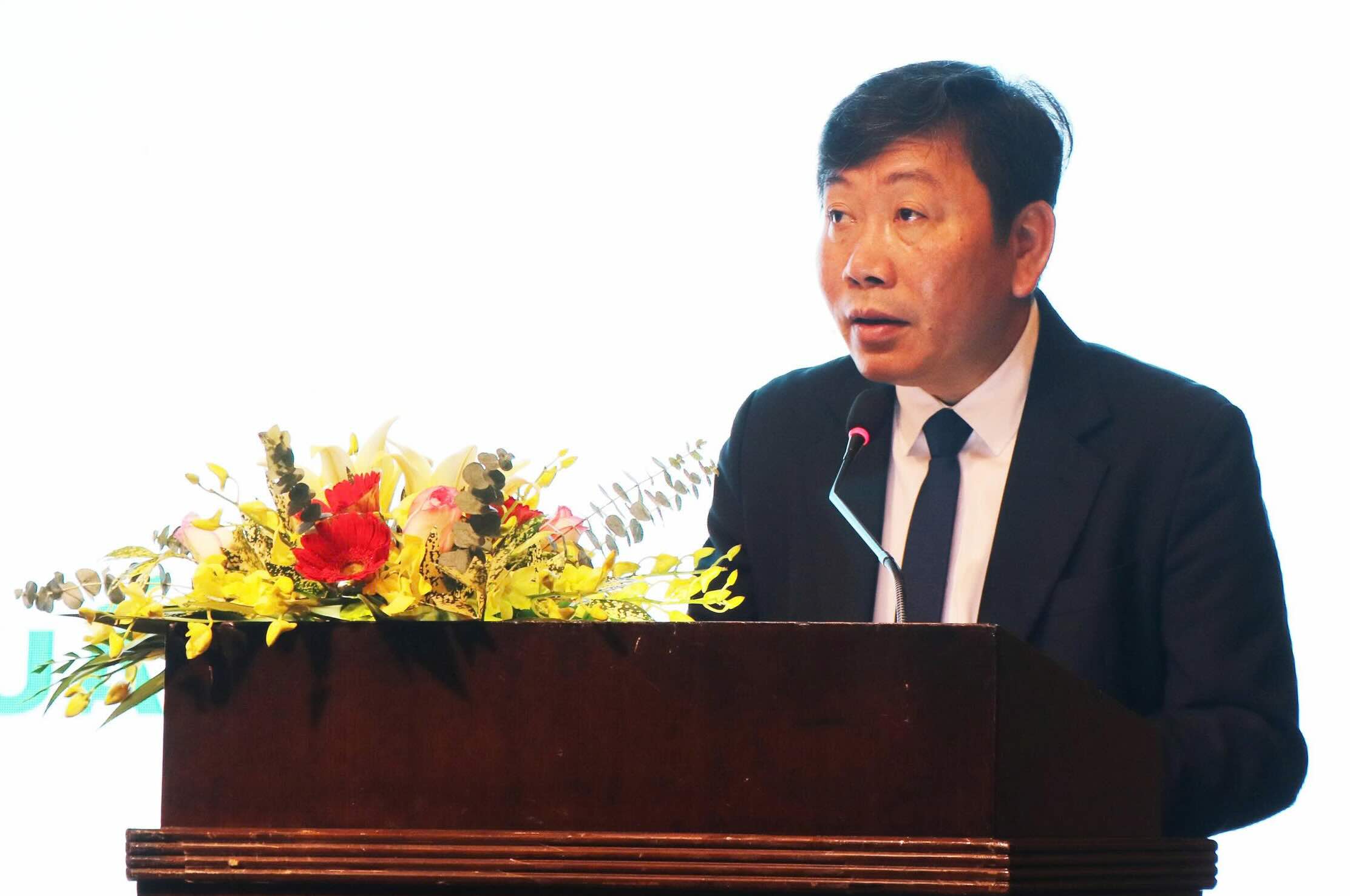On October 21, in Hue City, the Ministry of Agriculture and Environment held a workshop on "Practical guidelines and roadmap for implementing the ASEAN Eco-Schools Criteria - plastic-Waste-free Schools", with the participation of more than 100 direct delegates and more than 1,000 online points across the country.
The workshop aims to introduce and guide educational institutions to apply the ASEAN Eco-School Criteria to teaching, management and extracurricular activities; at the same time, share experiences from successful models in the region, contributing to the formation of a network of green - clean - sustainable schools.

Speaking at the Workshop, Mr. Nguyen Do Anh Tuan, Director of the Department of International Cooperation, emphasized that building an ecological school without plastic waste is not only the goal of the education sector but also a common responsibility of the whole society.
When students do not litter in the schoolyard, use personal water bottles or plant a small tree, those are the actions that make the world smile to thank them, said Mr. Tuan.
Hue is currently considered a leading locality in the movement to reduce plastic waste in schools and the community. Since 2022, the Plastic-reducing schools model funded by Norway through the World Wildlife Fund (WWF) has been deployed across the city, attracting 180 schools with more than 54,000 students participating.
To date, 83 schools have collected nearly 30 tons of scrap, including more than 5.5 tons of plastic, contributing to significantly reducing the amount of waste released into the environment and forming green living habits among the younger generation.
A representative of the Department of Education and Training of Hue City said that in the coming time, the sector will continue to improve and disseminate the set of ecological school criteria in an easy-to-applicable direction, suitable to Vietnam's conditions; at the same time, strengthen inter-sectoral coordination, replicate the model and connect schools in the Central region, Hue is the central point.
With many opinions and practical discussions, the Workshop became a forum to connect schools, management agencies, and social organizations, joining hands to spread the spirit of " plastic-free schools", towards a green and sustainable education.





